Dār al-Ibānah
وَلَقَدْ بَعَثْنَا فِي كُلِّ أُمَّةٍ رَّسُولًا أَنِ اعْبُدُوا اللَّهَ وَاجْتَنِبُوا الطَّاغُوتَ فَمِنْهُم مَّنْ هَدَى اللَّهُ وَمِنْهُم مَّنْ حَقَّتْ عَلَيْهِ الضَّلَالَةُ ۚ فَسِيرُوا فِي الْأَرْضِ فَانظُرُوا كَيْفَ كَانَ عَاقِبَةُ الْمُكَذِّبِينَ
And verily, We have sent among every Ummah a Messenger [calling to]: “Worship Allāh (Alone), and avoid (or keep away from) Ṭāghūt (all false deities i.e. do not worship Ṭāghūt besides Allāh).” Then of them were some whom Allāh guided and of them were some upon whom the straying was justified. So travel through the land and see what was the end of those who denied (the truth).
The Questioner: Is wiping [valid] over any type of ʿimāmah (turban), and as well as the ghutrah? Shaykh Muqbil: The ghutrah, in itself, is called a khimārm, like the one the brothers take and leave it [hanging] here, and such,…
The Questioner: Is the ruling of wiping over the ghutrah and kufiyyah the same as wiping over the ʿimāmah (turban)? And is wiping over the ʿimāmah restricted only to that which is wrapped around the head, or must it go…
The Questioner: Abū Dāwūd narrated from ʿUqbah ibn ʿĀmir, [and] he said: We were with the Messenger of Allah ﷺ until he said: I heard him say, “[…] There is none among you who performs and perfects his wuḍūʾ, then stands…
The Questioner: Is it permissible to make wuḍūʾ from inside a bathroom? Shaykh Muqbil: If it is far from the place of relieving oneself (i.e., the toilet), then yes. If it is not, the Prophet ﷺ forbade a man from urinating…
The Questioner: Some men, when they touch their wives while they are menstruating and they themselves are in a state of Wuḍūʾ, [and so] they go back to make Wuḍūʾ again, is this correct? Shaykh Muqbil: No, this is not correct. What is correct [in…
The Questioner: What is the ruling on shaking hands with a non-mahram woman? Does it nullify wuḍūʾ or not? And is one’s wife considered a non-maḥram, with evidence? Shaykh Muqbil: As for shaking hands with a non-maḥram woman, then it is not permissible.…
The Questioner: What is the ruling on moist discharge that comes out from a woman? Does it nullify wuḍūʾ? And is it najis (impure) or not? Shaykh Muqbil: As for impurity, then it is not impure. As women were present during the…
The Questioner: Does bleeding from the nose (ar-ruʿāf) break wuḍūʾ (ablution)? Shaykh Muqbil: A nosebleed does not nullify wuḍūʾ; there exists no [authentic] evidence that it nullifies al-wuḍūʾ. There had come a weak ḥadīth (حديث ضعيف – ḥadīth ḍaʿīf) that is nullifies it; but…
The Questioner: The ḥadīth of Aws ibn Abī Aws, [that mentions that] the Prophet ﷺ made wuḍūʾ and istawkafa three times…” As reported by al-Nasāʾī, is this ḥadīth authentic?¹ Shaykh Muqbil: We have researched and examined its chain [of narration], and the…
The Questioner: What is the ruling on someone who washes his face excessively more than three times, if he comes to know that he had not fully washed his entire face in the preceding three washes?
The Questioner: Is the order in wuḍūʾ obligatory? And what is the evidence for that? Shaykh Muqbil: The evidence for this is the statement of Allah, Exalted is He: يَـٰٓأَيُّهَا ٱلَّذِينَ ءَامَنُوٓا۟ إِذَا قُمْتُمْ إِلَى ٱلصَّلَوٰةِ فَٱغْسِلُوا۟ وُجُوهَكُمْ وَأَيْدِيَكُمْ إِلَى…
The Questioner: Is it permissible for a person to make dua during wuḍūʾ (to supplicate) when washing each limb (i.e, at each step or part of wuḍūʾ), or is it impermissible and an innovation (bidʿah), as I have heard? Shaykh Muqbil: Yes, it is…
